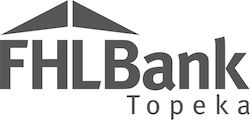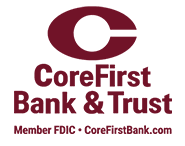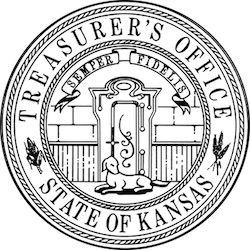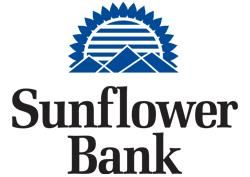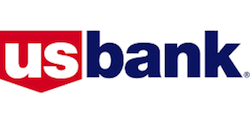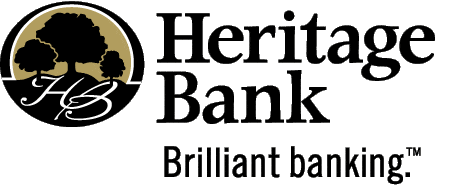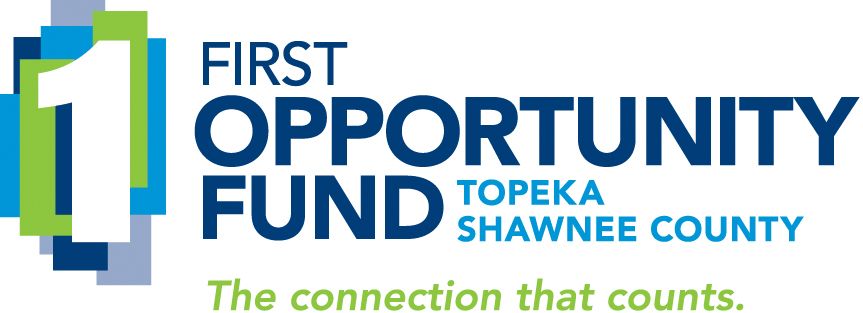
Millennials are feeling the squeeze like never before. We asked our National Millennial Advisory Board about their feelings on the economy in October 2024 and again in March 2025. The mood has shifted dramatically from cautious concern to outright pessimism. Compared to just five months ago, members are reporting greater anxiety, scaling back spending and pulling back on investments as economic and political uncertainty intensifies.
Banks, credit unions and investment advisors take note: here’s how millennial attitudes and financial plans have changed—and what’s driving their decisions in today’s turbulent climate.
Sentiment has turned sharply negative
In March 2025, the dominant one-word responses to the economy are overwhelmingly negative: “uncertain,” “terrified,” “angry,” “bleak,” “scared,” “horrible,” “pessimistic” and “bad” are among the most common. This is a notable shift from October 2024, when while negative words like “anxious,” “uncertain,” and “concerned” were common, there was a greater mix of “okay,” “fine,” “neutral” and even some “hopeful” or “optimistic” responses.
In March 2025, they frequently cite political instability, new tariffs, layoffs and a sense of chaos or active harm from the current administration as reasons for their pessimism.
Some quotes from our 2025 survey:
“I don’t think the economy is tanking, but I do believe people are freaking out about it,” says one advisory board member. “Inflation doesn’t help. BUT with the new administration making drastic changes—I don’t know what the new reports will be.”
Another said, “As a tired millennial who has not experienced the same hardships as the generations before us, the future just seems so bleak. It’s becoming more and more difficult to balance earning a living and actually living.”
Five month shift on Banktastic millennial board’s feeings about the economy |
||
| October 2024 | March 2025 | |
| Inflation Concerns | Moderate | High, driven by tariffs and policy |
| Market Volatility | Notable, but manageable | Elevated, driving risk aversion |
| Asset Preference | Stocks, index funds, tech, real estate | Real estate, cash, inflation hedges |
| Liquidity Preference | Some, but not dominant | Strong, more cash holdings |
| Technology Use | High | High |
| ESG/Values Investing | Important | Still important |
| Peer/Online Influence | Significant | Significant |
Personal financial optimism has gone from neutral/slightly pessimistic to solidly pessimistic.
The average optimism/pessimism score for 2025 has dropped: the median is now 30.5 out of 100, with a significant number of respondents scoring their optimism at 0 or in the single digits
In October 2024, scores were more evenly distributed, with many in the 40-70 range and a higher mean.
Many respondents now express little to no hope for improvement in their personal financial situation in the near term.
Changes in Banktastic millennial board’s sentiment about the economy in a five month period |
|
| October 2024 | March 2025 |
| Mix of negative and neutral/hopeful sentiment | Overwhelmingly negative, fearful and angry |
| Concerns: inflation, cost of living, election | Concerns: political chaos, tariffs, layoffs, fear |
| Some optimism about job market, investments | Little optimism: focus on survival, not growth |
| Spending/saving: cautious, but some stability | Spending/saving: sharp contraction, survival mode |
| Political uncertainty, but not direct blame | Direct blame on administration, loss of trust |
“Prices keep going up, but my pay doesn’t,” said one board member. Another had similar sentiments, saying, “income is low, pricing keeps going up and things look bleak.”
Another sounded more optimistic saying, “I’m always hopeful that things will improve.”
Spending, saving and investing are all contracting
Nearly three-fourths of respondents in March 2025 say they plan to spend less this year, compared to about half in October 2024.
Fewer people report “no change” in their spending, saving or investing habits, and more are pulling back. About one third are saving less (up slightly from October), and about one third are investing less (up from 21 percent).
Their comments highlight that they are cutting back on all non-essentials, eliminating “fluff” from budgets and focusing on survival rather than growth.
Some quotes from the 2025 survey:
“For the first time in several years, I didn't allocate any of my budget towards investing,” said one board member. “I want to have plenty of dry powder for whatever happens next.”
“We are focusing on real estate and cash flow, not just stocks, because everything else feels too risky right now,” said another.
Banktastic millennial board’s plans to invest and save within the last five months |
||||
| October 2024: Spending | March 2025: Spending | October 2024: Investing | October 2025: Investing | |
| % Less | 51% | 74% | 21% | 31% |
| % No Change | 33% | 19% | 51% | 44% |
| % More | 16% | 6% | 20% | 19% |
Political and policy concerns are now central
In March 2025, comments are dominated by references to the Trump administration, tariffs, layoffs and a sense of intentional chaos. Many blame economic anxiety on political leadership, a shift from October 2024 when concerns were more focused on inflation, cost of living and the upcoming election's uncertainty.
There is a strong sense that government actions are directly harming economic prospects, with many expressing fear of recession, job loss and a loss of faith in institutions.
Core economic worries remain: inflation, stagnant wages and affordability
Despite the political shift, the underlying economic anxieties are consistent: high prices, stagnant or falling wages, unaffordable housing and the difficulty saving or investing for the future.
Many respondents say they feel extreme pressure, with some noting that even as their income rises, expenses outpace any gains, and the middle class is being “squeezed out.”
Where sentiments remain unchanged
- Long-term mindset and diversification: Millennials continue to value long-term investing, diversification and the use of low-cost index funds and ETFs.
- Tech-driven, self-directed approach: The use of digital platforms and fintech tools remain central to how millennials manage their investments, with a preference for self-directed strategies and online research.
- Values and ESG considerations: Social and environmental impact remains a consistent priority, with many millennials seeking investments that align with their personal values. “I want to invest in companies that are doing good for the environment and society, not just making money,” stated one.
Our board’s investment decisions are now more heavily influenced by inflation, policy uncertainty and a desire for safety and liquidity, compared to five months ago when there was more optimism and willingness to take risk. However, their commitment to long-term, tech-driven and values-based investing remains unchanged.
How financial brands can help millennials in these uncertain times
Millennials on our board are pulling back on spending and investing and expressing deep anxiety and distrust driven by political and economic instability. More are focused on survival, cutting all non-essential expenses and holding onto cash rather than taking risks. Their comments show they feel pressed and worried about the future.
Financial marketers must communicate clearly on how they can help:
- Address the anxiety directly: Acknowledge the fear and uncertainty millennials are feeling right now. Messaging should show empathy and understanding of their current challenges.
- Focus on practical support: Offer tools and advice that help with budgeting, cutting expenses and building emergency savings—since these are their immediate priorities.
- Emphasize stability and security: Highlight products and services that provide safety, flexibility and liquidity, rather than presenting riskier investments.
- BetTransparent and trustworthy: With trust in institutions low, clear and honest communication is more important than ever.
Banks, credit unions and investment advisors who show they understand millennials’ current reality—by helping them feel safer, more in control, and better equipped to weather uncertainty—will be most valued in this environment.
For more insights about millennials and their feelings about their own finances, read our article, Employees need financial and well-being support more than your customers do.
If you'd like help with marketing to millennials for your bank, credit union or advisory firm, contact Martha Bartlett Piland, CFMP at 785-969-6203 or by
photo credit: Liana on Unsplash


